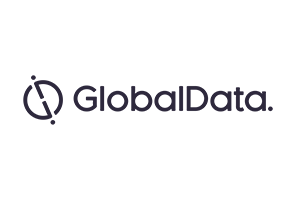During the American Diabetes Association’s (ADA’s) 77th Scientific Sessions held in San Diego, California, US, a symposium was given concerning the overtreatment in type 2 diabetes (T2D) management. T2D is a chronic disease that alters the way the body processes glucose, and remains without a cure or transformative therapy that reverses disease pathology.
Despite the fact that no immediate T2D cure is in sight, a variety of drug options for the management of T2D do exist, from tablets to injections, comprising a variety of mechanisms of action. According to physicians surveyed by GlobalData, the most highly prescribed currently available drug classes include biguanides, sulfonylureas, thiazolidinediones, glucagon-like peptide-1 receptor agonists, dipeptidyl peptidase-4 inhibitors, sodium-glucose cotransporter -2 inhibitors, and insulins.
Session presenters agreed that despite the push for a more personalized approach to diabetes management within the ADA guidelines, the lack of granularity has resulted in many cases of overtreatment in T2D patients. As a result, patients are likely to exhibit decreased compliance, be faced with high costs, and experience side effects. Side effects can be severe, such as with hypoglycemia for patients on sulfonylureas or insulin therapy.
To combat overtreatment, presenters suggested that aggressive treatment should be reserved for high-risk T2D patients who would gain the most benefit, instead of offering aggressive treatment to all T2D patients across the spectrum. Additionally, glycated hemoglobin (A1c) targets should be less strict in older T2D patients, as non-glycemic benefits may take up to 10 or more years to be realized.
Despite the large number of drugs available to treat T2D patients, improvements in the management of the disease are warranted. Genetic studies, more precise diabetes phenotyping, and findings from large comparative treatment studies, are anticipated to translate into less cases of overtreatment. One such study, GRADE, is funded by the National Institute of Diabetes and Digestive and Kidney Diseases, and is in the process of following patients on commonly prescribed T2D drugs for a period of up to seven years, with glycemic results expected in 2021. Thus, although the ADA guidelines are a useful framework for personalized treatment, revisions will need to be incorporated to better reflect current and future evidence for personalized management.

US Tariffs are shifting - will you react or anticipate?
Don’t let policy changes catch you off guard. Stay proactive with real-time data and expert analysis.
By GlobalData



